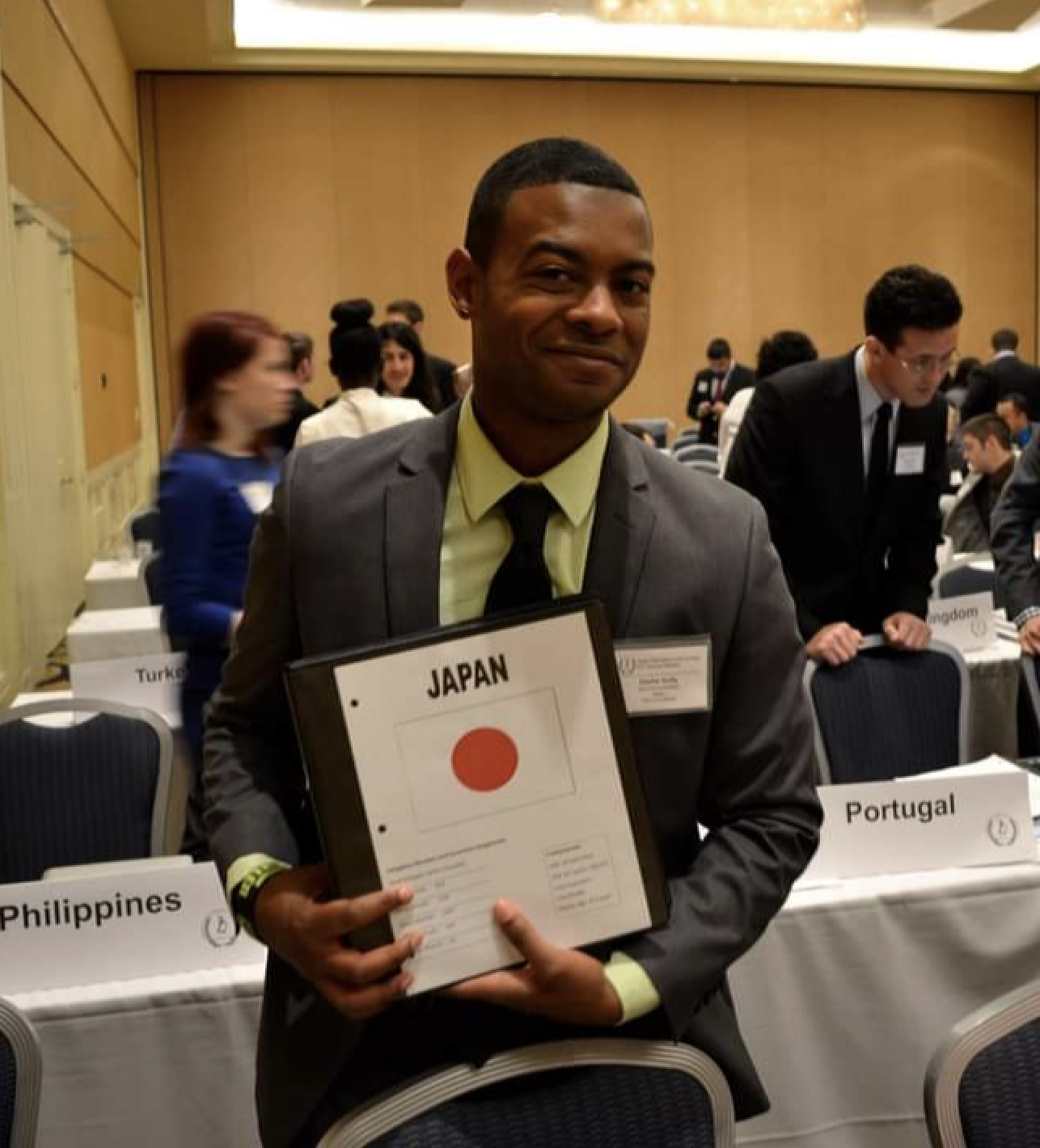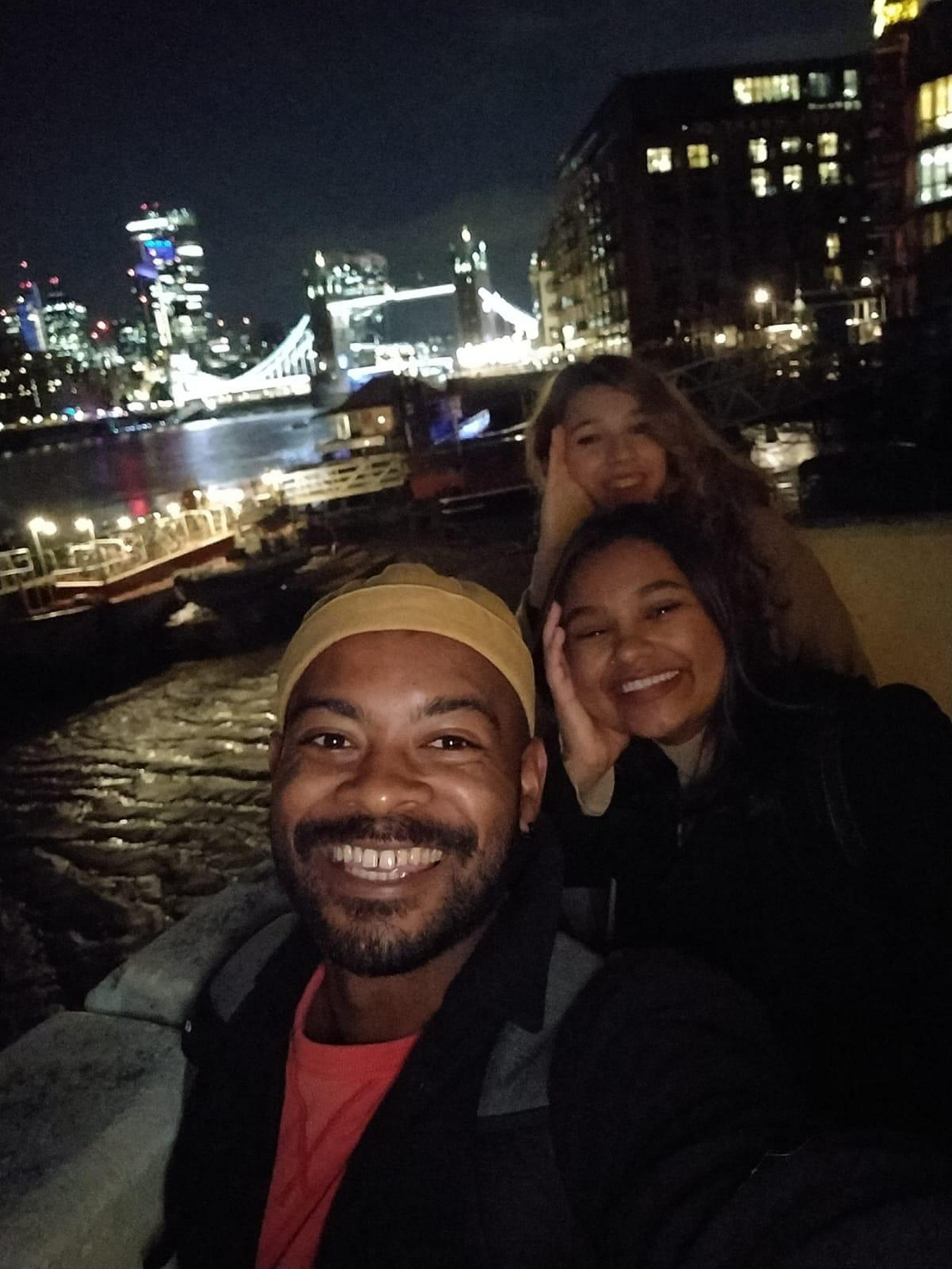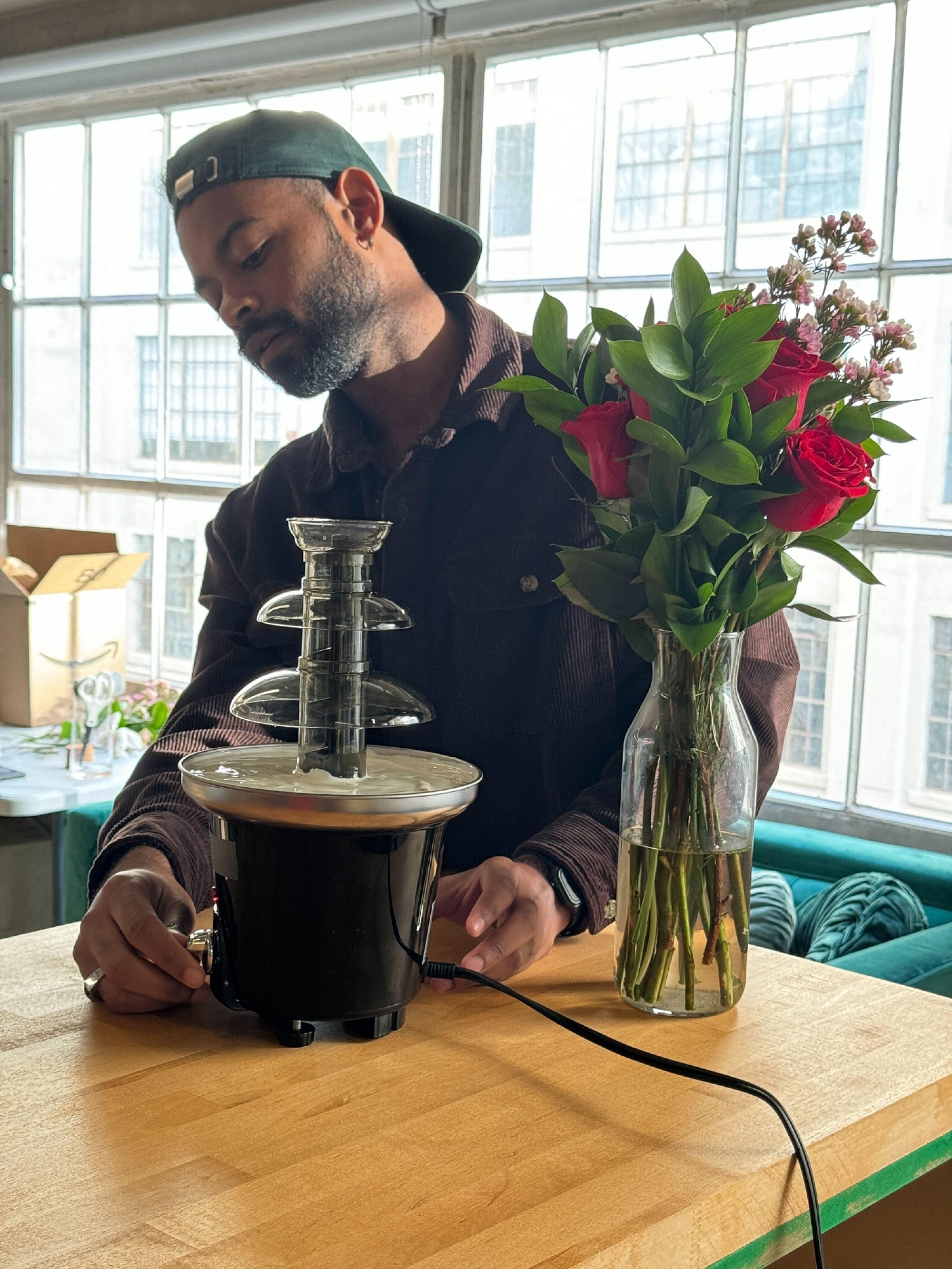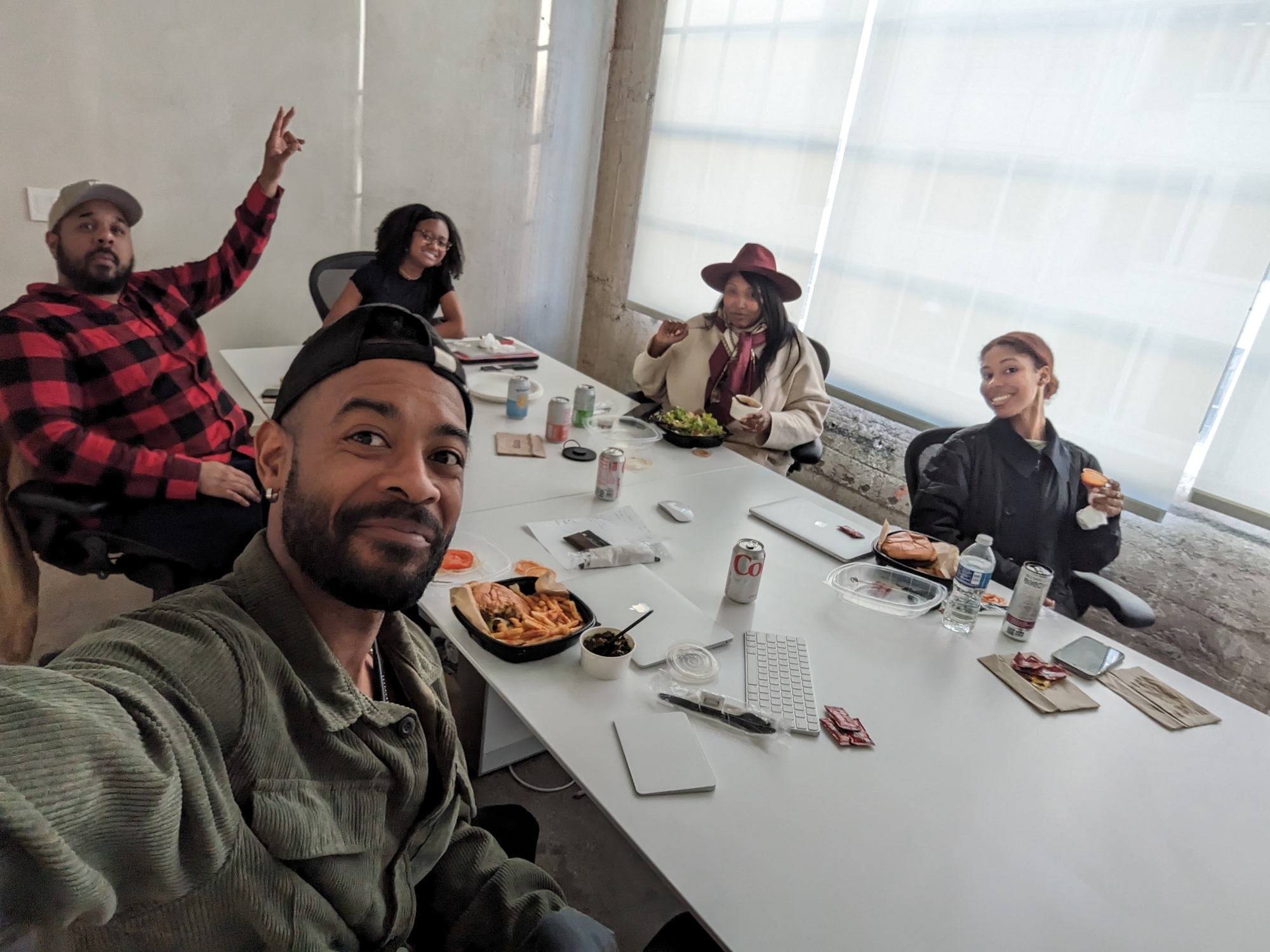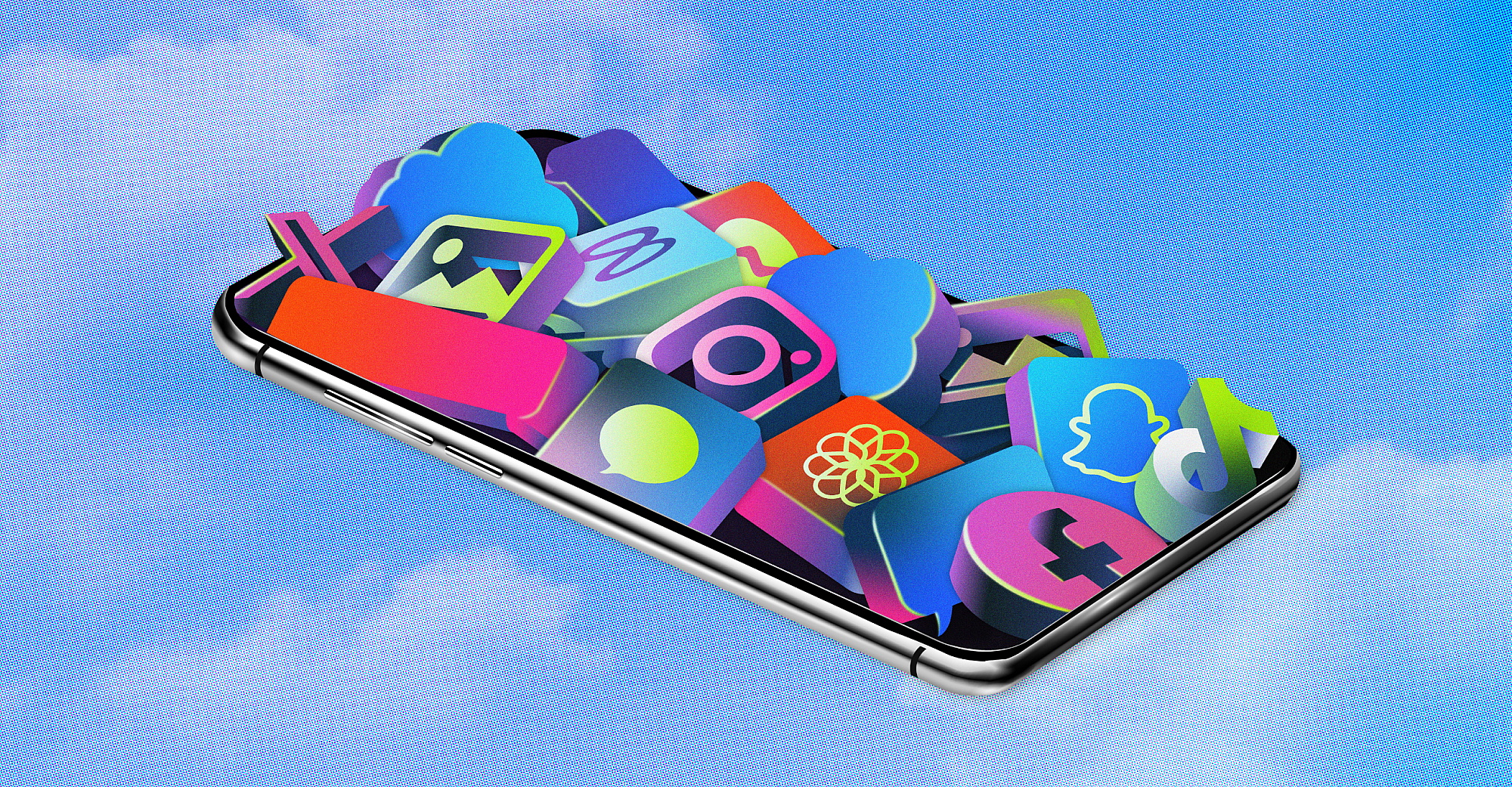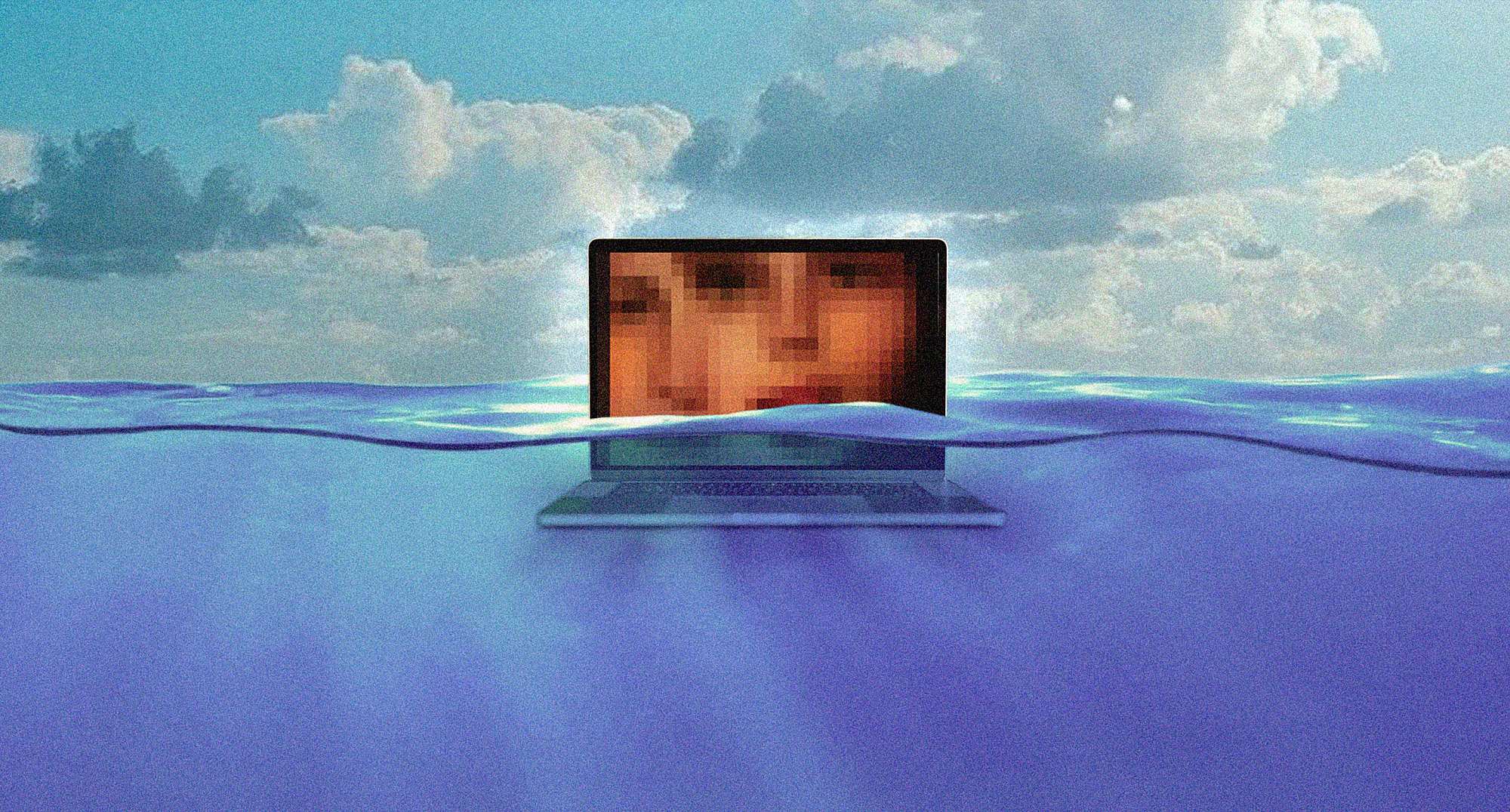The Come Up: How Deshé Malik Gully Turned His Dreams of Being a Diplomat Into a Creative Career

- Text Deshé Gully & Maggie Fischer
- Design Jacques Boffa
Welcome to The Come Up, Day One Perspective’s new series interviewing our staff about how they got their start in advertising—and what inspires their creativity.
This month, we spoke with Deshé Malik Gully, Associate Digital Strategist. Deshé started his formal career in advertising as an apprentice at Day One, but he hadn’t always planned to end up here. In college, he studied Global Politics with the goal of becoming a diplomat. After some soul searching, research and a little bit of dance, he decided to enroll in a Master’s program and get hands-on production experience. Below, learn more about how Deshé navigated his career pivot and maintained a creative outlook in all parts of his life.
D1A: To start, How did you end up at Day One Agency?
Deshé: My childhood dream was to become a diplomat, so I went to school to study global politics. I wanted to work in international affairs, and I wanted to help nonprofits and NGOs figure out how to create sustainable development campaigns.
In my third year, I had a close friend who was a marketing major. She always seemed to be working on the coolest stuff. As I learned about her work, I decided to get a minor in marketing, simply because I was interested in it. But my focus was still on diplomacy. Eventually I got some insight into what the actual diplomat life is like. And, not to downplay the very important work that anyone in the political sphere is doing, but I learned that [being a diplomat] involves a lot of paperwork and a lot of sitting at a desk.
I realized, then, that I wanted to do something more creative. So I found a one year master's program in the UK. It was a technical program; we were learning about cameras, lighting, podcasting, and how to create media. When I graduated from the program, I went back to the States and wondered how I was going to break into the creative industry. I found Day One through LinkedIn and came on board as an apprentice. I've been here ever since.
D1A: That’s a big switch, from diplomacy to advertising. Can you share more about what inspired the change and how you chose the masters program in the UK?
I spent a lot of time thinking about what I wanted to do at my core. I realized I just want to give back and I want to create. Then I looked for the best way to pivot which began with looking for education. I liked that the program I did was hands-on, and we learned to use equipment. I was excited because we rarely had a test or a quiz, most of our grades were project-based. I liked the challenge of creating something to get my degree, and then using what I created to jumpstart my career in a creative industry.
D1A: How would you describe your approach to creativity? What makes an idea a “Deshé idea”?
One of my strengths is seeing connections between things. Everyone’s creativity is different, but for me, a Deshé idea always starts with the audience. I’m thinking about what the consumer has said and what’s happening in their world. Then I take that and ask myself: What are we loving on the brand side? What are the things we’ve been wanting to activate on? Then I try to link those two worlds.
D1A: That feels like a very diplomatic approach to creativity. It’s inspiring to see how you took some of those skills from your previous “life” and transferred them to the creative world. Speaking of inspiration, what inspires you?
Two things. In my personal life, I'm a dancer. So dance and movement inspire me as it's my art form. In the same vein, I am also inspired by people who are able to live in their element. Whether it’s through dance, music, a love for food, or anything really. I admire anyone who's found their own niche and is able to breathe it to the existence. I think the world needs more of that.
The second thing, which goes back to my previous answer, I really enjoy the process of creating for the end user (which might come from my previous diplomatic career.) I get hyped about how I can make the person on the other side of what I'm creating experience joy or be a bit more loyal to a brand.
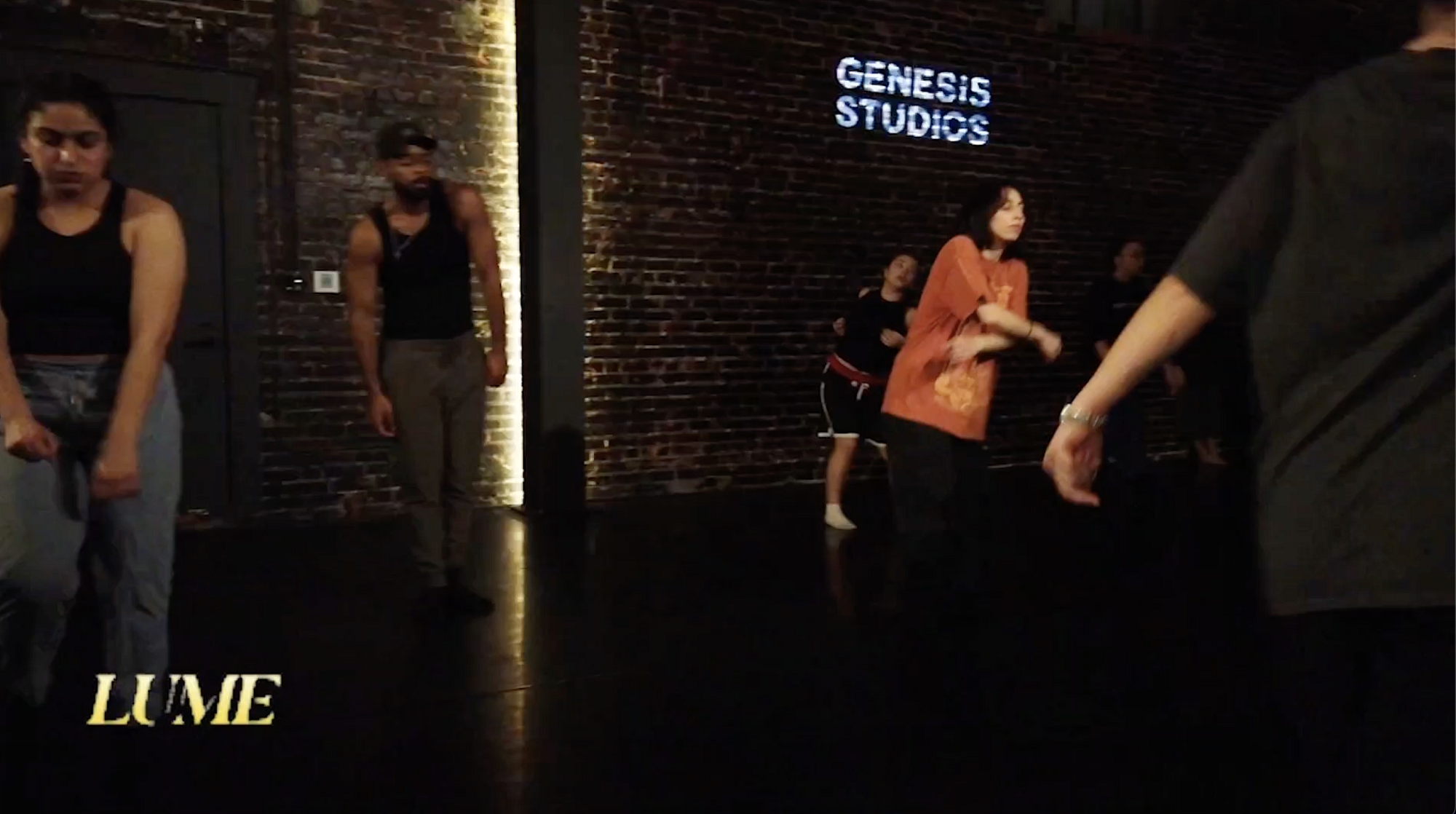
D1A: How does being creative in your personal life (dancing) influence your professional life?
Anyone can become more creative by getting out there, experiencing the world and having fun while they’re doing it. That will inherently make you more creative. But there are a lot of studies about dance specifically that say movement and dance help to develop pathways in the brain that make forming creative connections quicker.
There was a time when I thought that what I love to do outside of work doesn’t have anything to do with what I do at work—making social media about burritos or sweets—but more recently I’ve seen a lot of brands introduce dance into their creative work. For example, Gap’s #LinenMoves campaign with Tyla and Jungle which incorporated dance.
When I’m creative outside of work it means that my creative juices are always flowing, I don't have to reset. I'm continuously in a state of being creative in all aspects of my life, and that's fun.
D1A: What’s one of the biggest lessons you’ve learned by joining the creative industry?
The biggest thing I've learned is how to write in different brand voices. And that was a shift from writing within the worlds of politics, nonprofits and academia. Advertising is a different writing style and it's for a different purpose. We're not trying to write a formal document, we're trying to draft copy that resonates with our target audience. What I’ve learned is that researching a brand's social and digital footprint really matters in order to really understand who they’re speaking to and therefore, how to talk to them.
D1A: What advice would you give to your younger self?
Network. And don’t downplay its power. Because in the age of digital and social media, it can be pretty easy to send in an application and think that you accomplished something. But if you make the effort to find someone who inspires you and reach out to them, the worst thing that they can do is say no, right? And the best case scenario is that you contact 10 people, maybe hear back from two or three, and you get to talk to them about their journey. At the very least, you'll get tips. At best, you might really connect and get an opportunity or be brought into their world.
D1A: Is there anything you want to add about your career, creativity, or the industry?
There was a time in history when we didn't have access to social media, mass communication and the internet. And at that point in time, people were more siloed. They would go to school for one thing and do that thing for the rest of their life.
Now, we have so much opportunity to create a life we want to, pursue all of our passions, and bring them all together under one personal brand. It might come to life as an actual brand, or it might just be the “brand” people associate with you. So I think people should embrace their passions, and be their full selves all the time. They’ll reap the benefits because of it.
